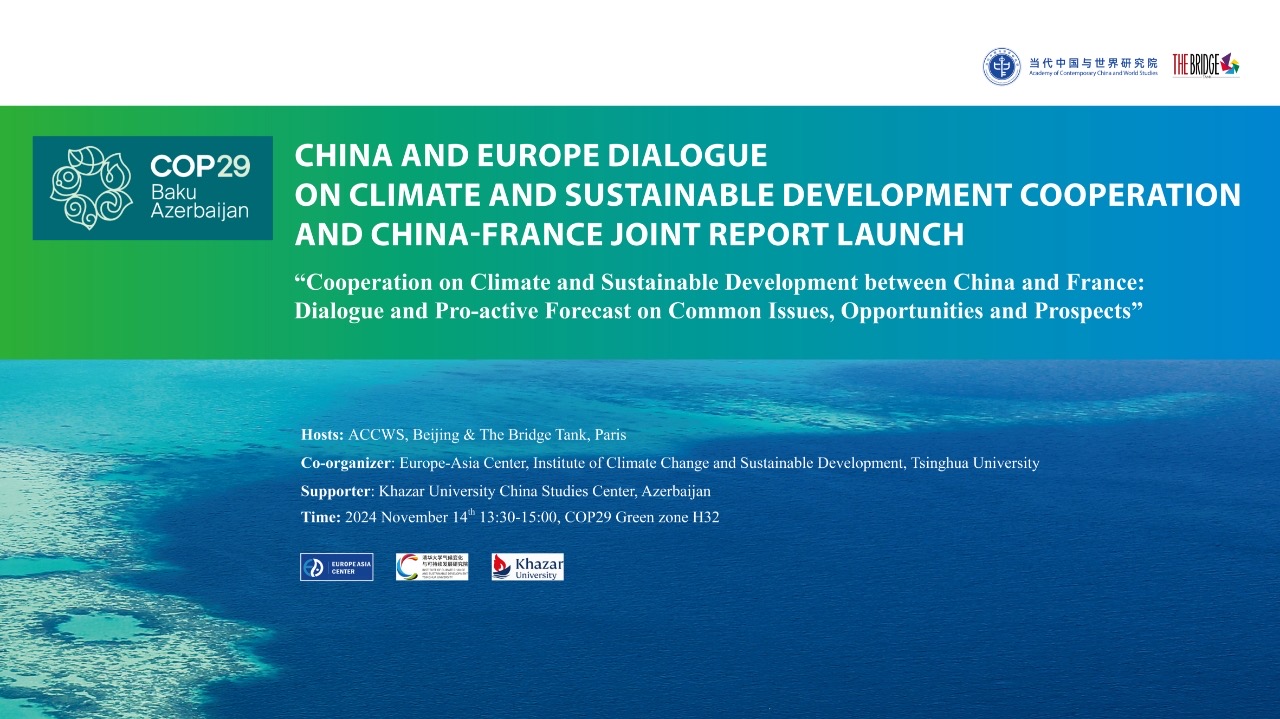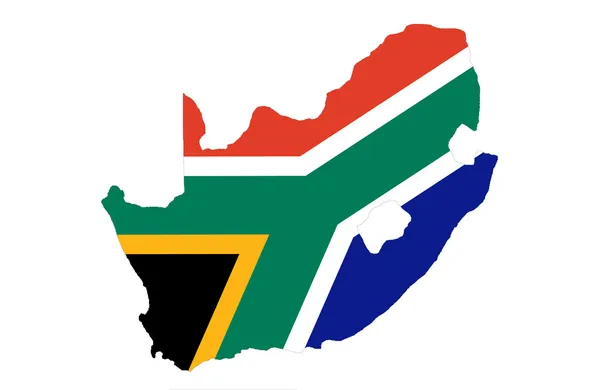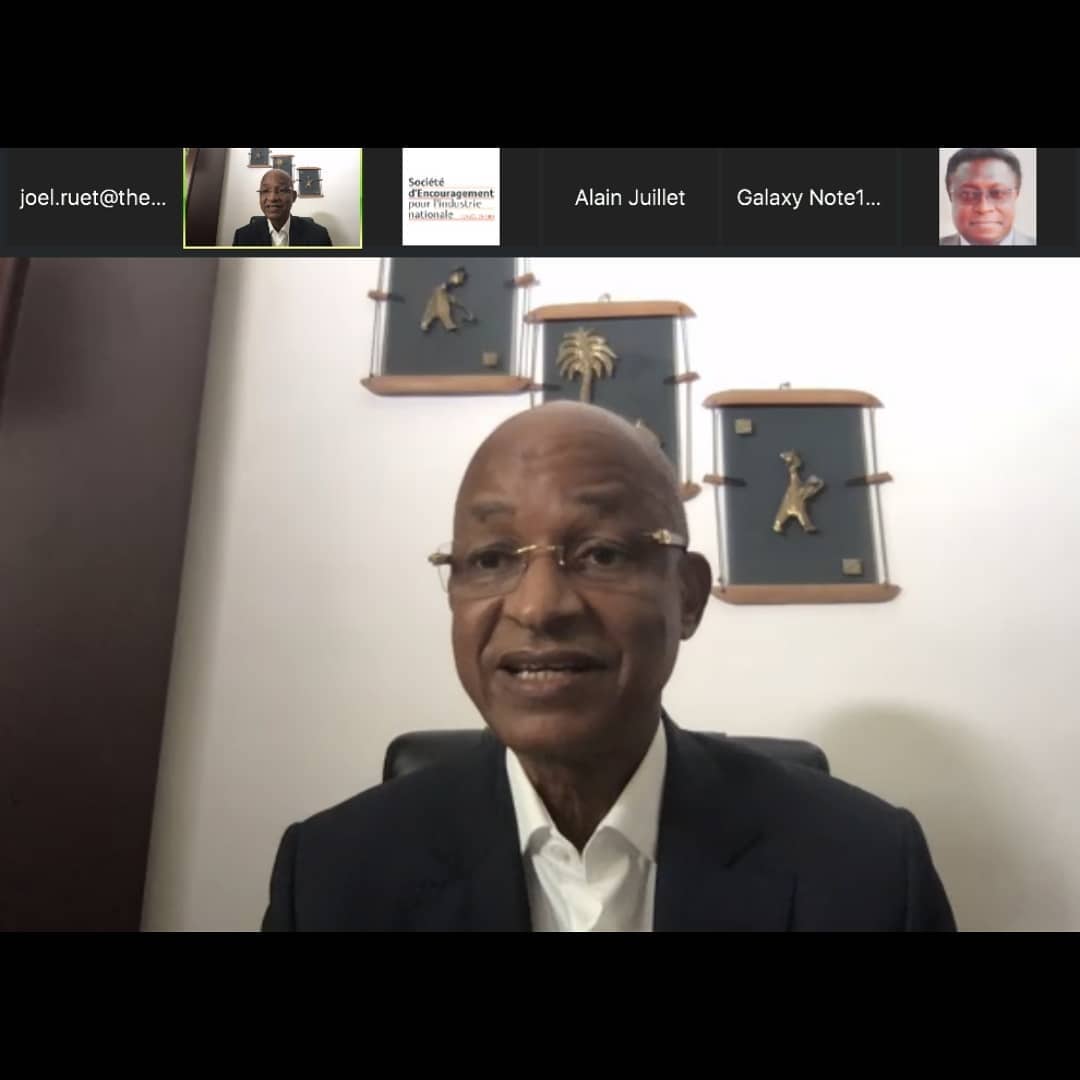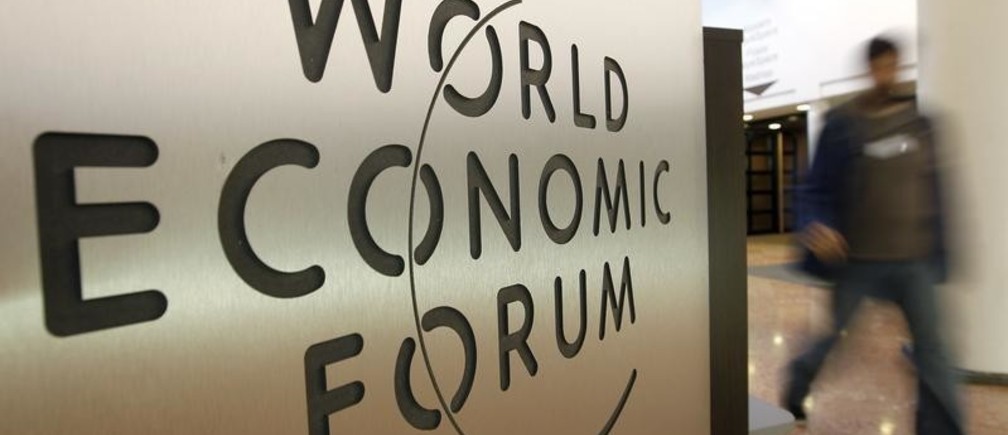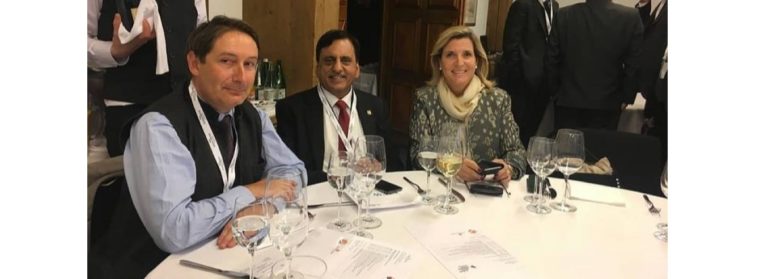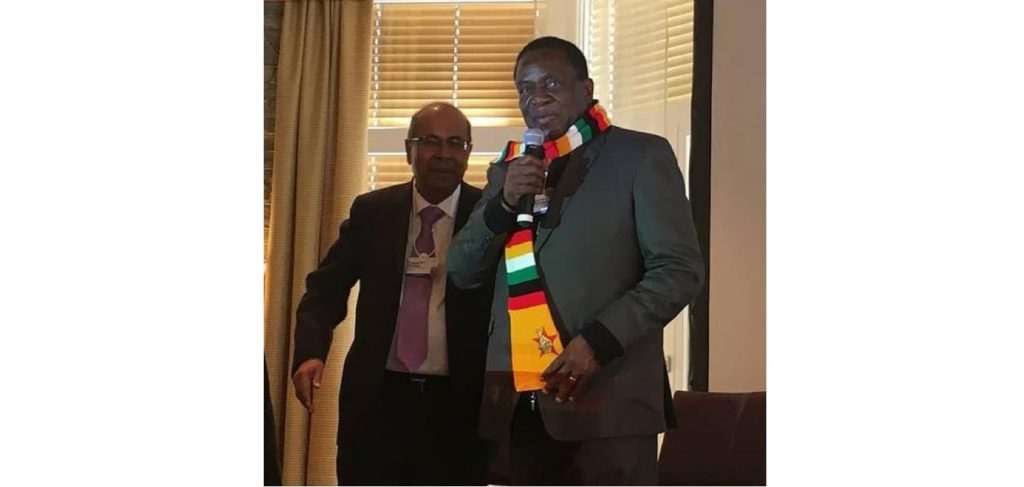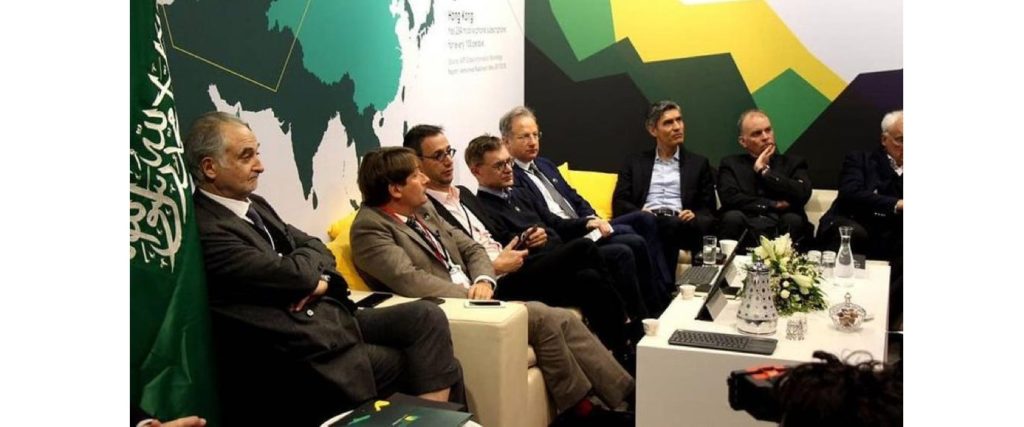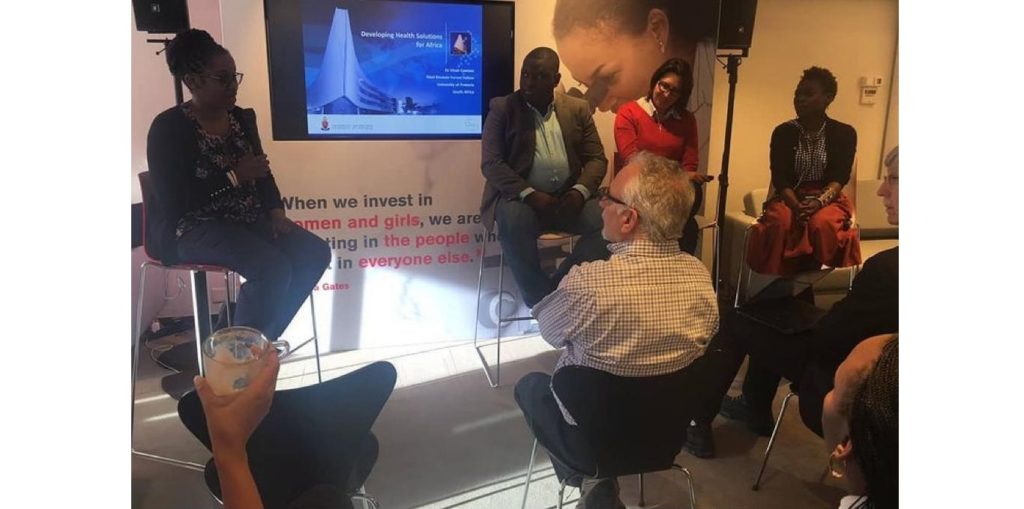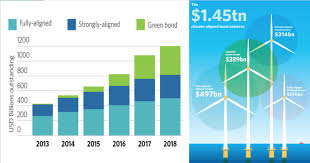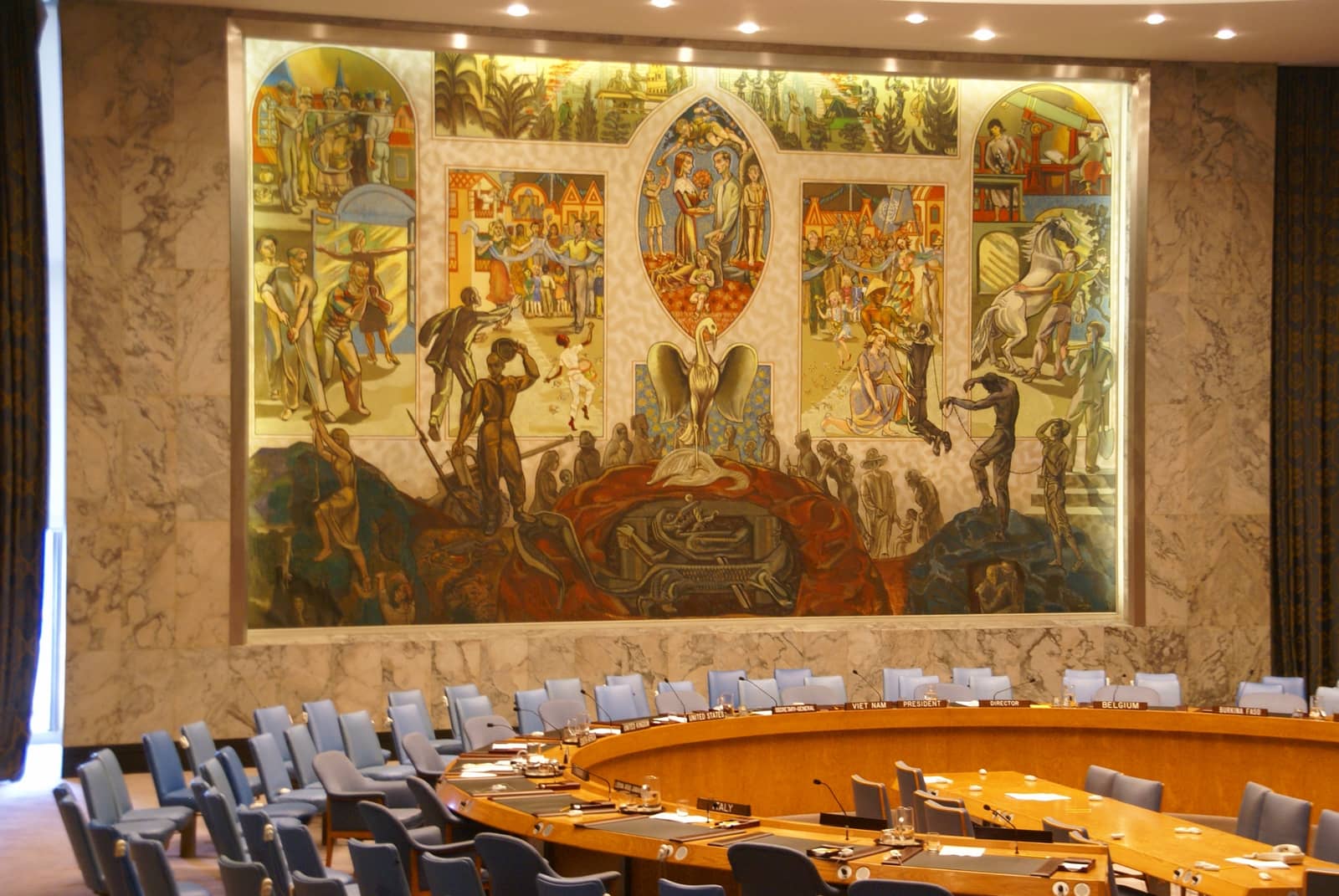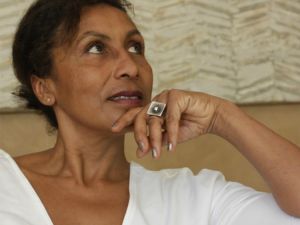As the country concludes a 30-year independent economic cycle, it now possesses the skills and opportunities needed to join the ranks of high-income nations.
Author: Dr Joel Ruet, member, G20/Business20 working group on energy and G20 Action group on Africa
As September approaches, Africa is once again preparing for its major triennial meeting with China: the China-Africa summit. Following the 2021 edition hosted on the continent in Dakar, the event returns to Beijing. This will undoubtedly provide an opportunity for Beijing to print, as with every summit introduce a shift or update in its African policy, particularly in the economic sphere. This will be even more carefully managed given that Beijing as the host controls the protocol for this edition.
However, the Africa that will present itself in Beijing has undergone significant transformation over the past 3 years and comes with a new face and emboldened identity. The progress towards the African Continental Free Trade Area (AfCFTA) has reached key milestones. The “BRICS” group was enriched by several countries at the start of the year, with notably two African countries, Egypt and Ethiopia, joining the pioneer South Africa which had given its “S” to the BRICS; the African Union has, under the Indian presidency of 2023, joined the G20, where only South Africa sat for the continent, making this forum, if not a competing one, at least another echo chamber for the aims and claims of the continent, which the summit of the G20 in November in Brazil will be keen to demonstrate.
The coming years will reveal what Africa, whether united under the African Union or diverse in its individual nations, gains from its interactions with the world.
So, what’s next for South Africa, the continent’s frontrunner, which Mandela envisioned as both a beacon for its own people and a watchtower for the continent? “Madiba” wanted to give South Africa back to its people, the ANC opened South Africa back to the world, and recently its diplomats and political leaders have been proactive in giving Africa access to the global stage. What will be the next frontier for this leading nation?
Thirty years post-apartheid, the country is demonstrating its democratic maturity. It is classified as an “upper middle income” by the World Bank, yet significant inequalities, particularly in access to employment, remain at the heart of the national challenges in reaching its full potential and realising the promise of inclusion. This point is no incidental and is in fact what disentangles upper middle-income countries and higher-income countries. South Africa is part of the cohort that includes dynamic economies such as China, Brazil, Russia, and Turkey, as well as most ASEAN countries, Mexico and Colombia which recently joined the OECD. However, countries that have achieved high-income status typically have long-standing OECD membership and have combined economic dynamism and job creation. Industrialisation, and social equality along with progress in innovative green and sustainable finance. In this context, the Chile, approach offers valuable insights for South Africa.
The social aspect is paramount and demands the most ambitious efforts. Since 1994, with the implementation of the GEAR programme (Growth, Employment, and Redistribution), the importance of this issue has been recognised. However, the ANC government inherited a substantial debt from the apartheid era, effectively placing the country in a paradoxical situation where it had to “repay the apartheid debt.” Over the past 30 years, South Africa has implemented courageous budgetary programmes alongside prudent macroeconomic management, earning the country and the broader African continent credibility on the global stage. But as traditional financing becomes more constrained and social tensions rise, will South Africa be trapped in this dilemma indefinitely? Chile’s experience provides hope. By successfully issuing sustainable bonds on international markets, Chile has shown that precise, measurable, and transparent social programmes can attract financial markets and emerging sustainable finance. In today’s global context, South Africa must transcend the traditional social-financial opposition and seek out solidarity and inclusiveness finance, presenting cohesive programmes as the foundation for macroeconomic stability.
Economic dynamism and employment are key for South Africa, a country that has already benefited from the successes of the GEAR policy and operates within a southern Africa largely composed of upper-middle-income nations. As a member of BRICS and the G20, South Africa possesses the human capacity to create structured employment. However, a precise analysis of the situation reveals a critical challenge; insufficient energy supply. Despite maintaining significant coal production, South Africa has been a model in auctioning rights for renewable energy investments offering low-cost energy to the market. Yet, there is a paradox here as well. In the energy sector and project financing circles, many are questioning the multilateral lenders’ insistence on low tariffs, which often leads to low supply when investors find the sector unprofitable or unattractive. While high-income countries focus on decoding GDP from emissions, for South Africa to break free from the middle-income trap, environmentally sound energy expansion is crucial.
In other words, while the regulation policies suitable for mature economies should apply to South Africa once it achieves high-income status, these should not hinder its path to that goal. Until then, the focus should be on supply-side policies with sufficiently high tariffs to attract investors in a dynamic, job-creating economy. If this requires subsidizing the social sector, it challenges conventional wisdom but aligns with the rapid energy expansion necessary for countries to reach the next development stage. Quality energy and power lead to quality jobs – this is the lesson from the countries that have successfully existed the middle-income trap and it is essential for South Africa to do the same. The contrasting outcomes of Chile in the 1009s and China illustrate this point clearly. Employment growth at this stage of South Africa’s development hinges on creating value linked to abundant energy.
But does this approach risk undermining exports when the opposite is needed? On the contrary, China’s example is instructive: even with relatively high energy costs, China leveraged other factors such as labour, mineral resources, and technical expertise – key areas for South Africa as well. The focus should be on selecting sectors for semi-industrialization or beyond, particularly in agro-industry and food processing, which are essential for trade and exports on a continent where the AfCFTA is taking shape, and many countries seek basic agricultural autonomy. This approach includes supporting small farms that create jobs, using skilled farms that create jobs, and using skilled partial mechanization and automation based on abundant renewable energy, with costs offset by value creation. Climate-smart socially responsible agricultural investments and programmes can position South Africa to tap into sustainable finance markets.
These are some of the directions South Africa should explore, from Beijing to Brasilia and in global markets over the coming years. If South Africa succeeds in becoming the continent’s leading high-income economy, with social cohesion and shared growth as essential components, it will finally resolve the South African paradox and fulfil its roles as both a national leader and a continental pioneer.

